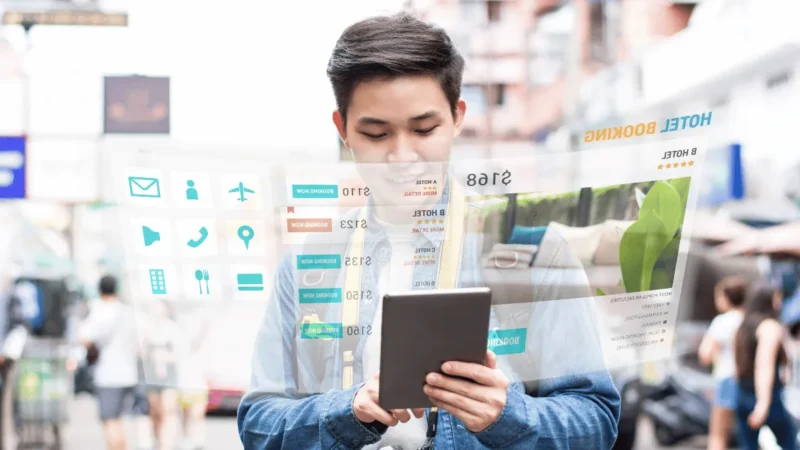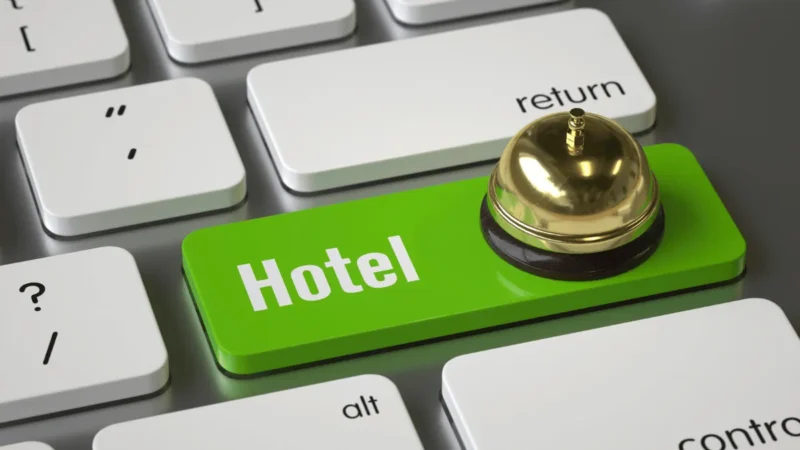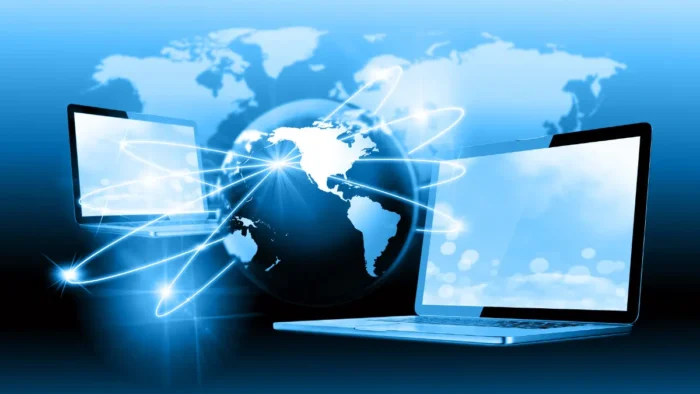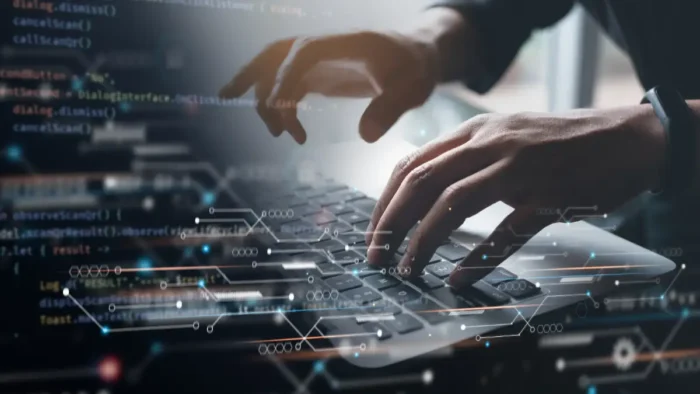The hospitality industry is about providing excellent guest experiences, and technology is becoming increasingly important in achieving that goal. With the rise of technology, hospitality businesses can leverage the latest tools and solutions to enhance guest satisfaction while streamlining their operations.
This article will discuss how hospitality businesses can use technology to enhance guest satisfaction.
PMS: The Foundation of Technology-Driven Hospitality
A PMS is a software solution designed specifically for hotels, resorts, and other hospitality businesses to manage their day-to-day operations, including reservations, check-ins, check-outs, billing, and inventory management. With a PMS, hospitality businesses can automate many of their manual processes, reducing the workload on their staff while providing a better guest experience.
One of the primary benefits of a PMS is that it can help hospitality businesses manage their reservations more efficiently. A PMS can provide real-time inventory management, enabling businesses to track their room availability and pricing in real-time. This can help businesses optimize revenue by offering dynamic pricing and discounts during off-peak periods.
A PMS can also help businesses improve their guest experience by providing a centralized platform for all guest information. This means that businesses can track guest preferences, requests, and history in one place, enabling them to personalize their service and tailor their offerings to each guest’s needs.
Additionally, a PMS can help businesses manage their staff more effectively, ensuring they have the right staff in the right place at the right time to provide excellent service. With a platform that covers every aspect of managing a property, businesses can ensure that they are providing their guests with the best possible experience. It can also help businesses analyze their data to identify trends and opportunities for improvement.
Mobile Apps and Self-Service Kiosks
Mobile apps and self-service kiosks are other technologies that hospitality businesses can leverage to enhance guest satisfaction. Mobile apps allow guests to check in, order room service, and even unlock their room door with smartphones. This can help guests save time and reduce frustration with long check-in lines or lost keys. In addition, mobile apps can allow hospitality businesses to send special offers and promotions directly to their guests’ phones. On the other side, it can help businesses drive more revenue and increase guest loyalty. Plus, mobile apps can provide analytics on guest behavior and preferences, allowing businesses to tailor their services better.
Self-service kiosks can provide guests with a convenient way to check in, check out, and make reservations without staff assistance. This can help hospitality businesses reduce their labor costs while providing a more seamless experience for guests. These kiosks can also be used to upsell services and products, such as restaurant reservations or spa packages. Plus, they can provide detailed analytics on guest behavior and preferences, enabling businesses to understand their guests better and offer more personalized experiences. It can also help businesses detect fraud and manage security more effectively.
Artificial Intelligence (AI) and Machine Learning
AI and machine learning are emerging technologies that can help hospitality businesses provide a more personalized and efficient guest experience. By analyzing guest data and behavior, AI and machine learning can provide insights into guest preferences and needs, enabling hospitality businesses to tailor their offerings to each guest. For example, AI-powered chatbots can provide guests with instant responses to their questions, reducing the need for human intervention.
AI can also be used to provide personalized recommendations to guests based on their previous purchases or browsing history. Or it can be used to detect security threats and fraud more effectively. Additionally, AI and machine learning can help hospitality businesses optimize their operations by automating administrative tasks, such as scheduling and billing. This can help businesses reduce labor costs while improving their efficiency and customer service.

Robots That Deliver Room Service
Robots are another emerging technology that can help hospitality businesses improve their operations and enhance the guest experience. Hotel robots can deliver room service orders to guests’ rooms in a timely manner. This can reduce labor costs while providing a more efficient and convenient service for guests.
In addition, robots can help with cleaning, security, and maintenance tasks in hotels, allowing staff to focus on more important tasks that require human intervention. Additionally, they can be used to provide entertainment services or assist hotel staff in providing information to guests.
Accounting Software
Accounting software is essential for any hospitality business. It can help businesses keep track of their financials, such as revenue and expenses, while helping them make better decisions about managing their finances. Accounting software can also be used to manage payroll and taxes more effectively. Plus, the data collected from these systems can provide insights into the overall performance of a hospitality business, allowing businesses to make data-driven decisions.
Additionally, accounting software can help hospitality businesses comply with regulations and reduce their risk of errors or fraud. If you’re looking for accounting software tailored specifically to the hospitality industry, a few options are available. When choosing accounting software, ensure it has all the features you need to manage your finances effectively. For example, look for software that can manage multiple currencies and languages, track customer payments, generate reports for financial analysis, and integrate with other hospitality management systems.
Conclusion
Technology is becoming an increasingly important tool for hospitality businesses looking to enhance guest satisfaction.
From PMS to mobile apps, self-service kiosks, and AI, there are many technologies that hospitality businesses can leverage to provide a more personalized, efficient, and enjoyable guest experience. By investing in technology and staying up-to-date with the latest trends and solutions, hospitality businesses can differentiate themselves from competitors and build lasting relationships with guests. When used strategically, technology can be a powerful tool for hospitality businesses looking to stay ahead of the competition.
For example, by using AI to provide personalized recommendations and insights into guest preferences, hospitality businesses can develop tailored offerings to keep guests coming back. Additionally, robots can enhance the guest experience by delivering room service orders quickly and efficiently and helping with cleaning, security, and maintenance tasks. With the right tools and strategies, technology can positively impact hospitality businesses of all sizes.





